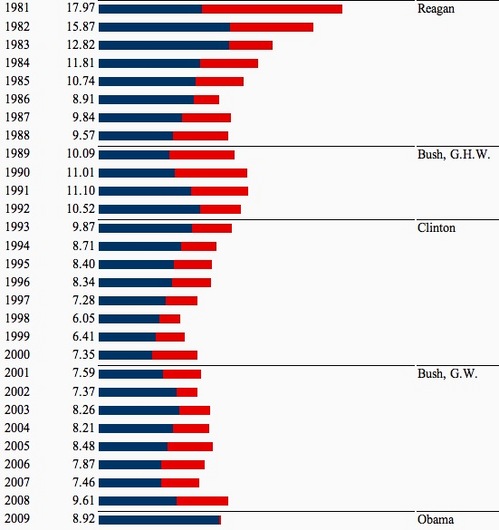 James Davison Hunter, in his new book, (To Change the World: The Irony, Tragedy, and Possibility of Christianity in the Late Modern World
James Davison Hunter, in his new book, (To Change the World: The Irony, Tragedy, and Possibility of Christianity in the Late Modern World
), examines the Christian Right.
Two overall comments: this may be the best sketch of the popular perception of the Christian Right I’ve ever read. And, alongside that, this chp lacks an attempt to present the Christian Right’s theological underpinnings — and one could go to Luther or to Calvin or to Kuyper. Instead, Hunter presents a standard, but very well done, sketch of what most people think and see about the Christian Right.
So, a couple questions: Big one: What does the Christian Right really want? If they could have anything they want, what would it be?
What do you think is the essential “theological” understanding of how Christians are to relate to the State for the Christian Right? Do you think the Christian Right’s days are over or numbered? Do you think this Story is the standard one?
Some of his observations: Hunter thinks it peaked in 2004. The challenges of culture — family, sacredness of life, beliefs and the reality of Truth — have generated a powerful reaction and response by the Christian Right. But his best part is the “myth” or “story” that the Christian Right tells.
He could have examined the potency of Story and how this Story impacts so much of how Americans (conservative Christian and otherwise) perceive the American Story. Here are the elements:
America was a Christian nation. One nation under God still has power and importance.
America is moving in the wrong direction: secularization, moral decline, radicals, liberals and humanists, they’ve targeted the kids in education — and the epicenter is the Supreme Court.
America has marginalized Christians.
The response is the great Civil War of values and culture.
The response must work through politics — and here his politicization theory works in. Vote, vote, vote. Here he examines the justifiable issue of what it means to be non-profit and not support candidates … tough one and the praxis is ambiguous.
The response has a goal: to dominate or control the American political realm and culture. [Here his Nietzschean theory raises its wrong-headedness.]
I agree with him here: there’s too much hope and confidence by the Christian Right in the political process. Yes, I also agree that the goal of having a Christian America is wrongheaded … but what Hunter completely misses here is a theology that shapes so much of the Christian Right — and I think it mostly Reformed and it is not Constantinian (which he constantly implies with his Nietzschean themes of dominance and the will to power).

